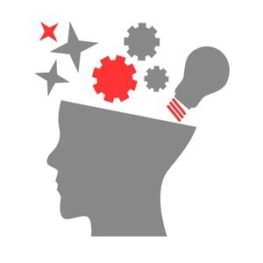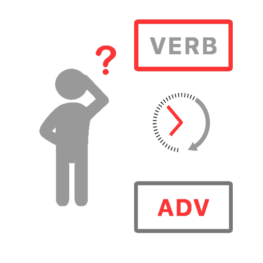
NLP Presuppositions
What are NLP Presuppositions?
Simple! In NLP Presuppositions are basically – “What is the person assuming to be true, underneath what they are actually telling me?”. Presuppositions are not necessarily true, but even if the are not, by holding something not-yet-true as being true, we can help to bring that to fruition.









